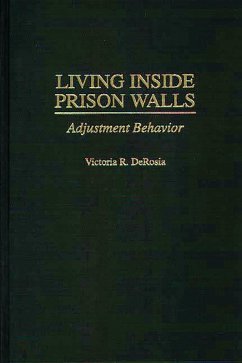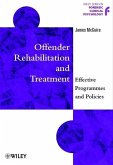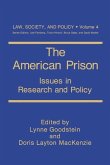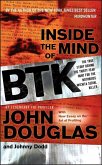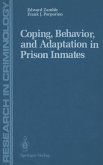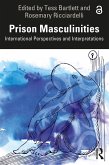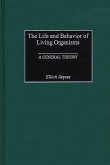Are advantaged offenders defenseless against the harshness of prison life? Based upon a qualitative study of the prison adjustment of advantaged offenders-those who, prior to prison, possessed college degrees and held high status occupations with commensurately high incomes-this book challenges the special sensitivity hypothesis and concludes that these offenders adjust well to incarceration. The author compared a group of advantaged offenders to a similar group of nonadvantaged offenders, both drawn from New York State prisons, and discovered that the advantaged offenders exhibited little (if any) engagement in institutional misconduct. They also adopted effective coping strategies.
DeRosia presents a thematic analysis of in-depth, focused interviews with both subsamples, as well as vignettes based upon those interviews. Her findings reveal that advantaged offenders hold a perspective on doing time, including prescriptions for avoiding trouble, and make conscious efforts to avoid trouble by using time beneficially. This study contains the most current statistics available on corrections in the U.S., including its organization, the overcrowding crisis, and prisoner profiles. The nature of life in prison and prior research on adjustment are also examined.
Hinweis: Dieser Artikel kann nur an eine deutsche Lieferadresse ausgeliefert werden.
DeRosia presents a thematic analysis of in-depth, focused interviews with both subsamples, as well as vignettes based upon those interviews. Her findings reveal that advantaged offenders hold a perspective on doing time, including prescriptions for avoiding trouble, and make conscious efforts to avoid trouble by using time beneficially. This study contains the most current statistics available on corrections in the U.S., including its organization, the overcrowding crisis, and prisoner profiles. The nature of life in prison and prior research on adjustment are also examined.
Hinweis: Dieser Artikel kann nur an eine deutsche Lieferadresse ausgeliefert werden.

